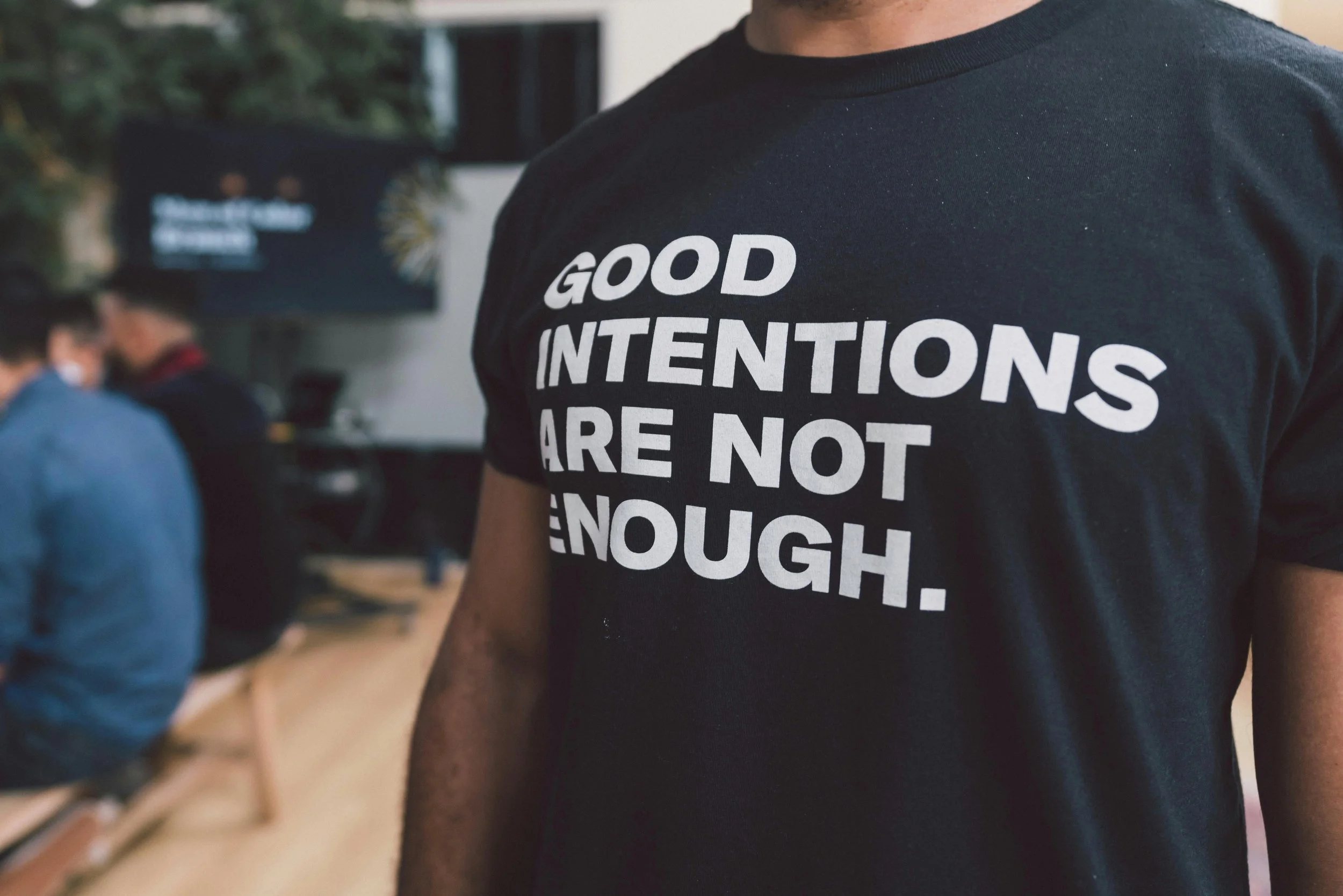Why Being an Ally Matters – Wherever You Are
As a straight man working for an LGBTQ+ charity, I know that allyship is not a box you tick once – it’s an ongoing commitment. It’s about showing up in the everyday moments, not just during Pride Month or when the spotlight is on. Whether in the workplace, playing sport, or in our communities, being an ally means actively supporting and defending the right for everyone to live openly and authentically.
At work, allyship can take many forms: challenging stereotypes when you hear them, speaking up against discriminatory behaviour, or championing inclusive policies that make your organisation a safer and more welcoming place. Often it’s about the small, consistent actions – from respecting someone’s pronouns to ensuring that diverse voices are invited into important conversations. These moments might seem minor, but together they create a culture where people feel valued and respected.
In sport, where team spirit and camaraderie should be at the heart of everything, inclusion is essential. It’s about making sure that the language used on and off the pitch is respectful, that nobody feels excluded in the changing room, and that everyone can enjoy the game without fear of judgement or prejudice. Sport has the power to unite people – but only if we make space for everyone to belong.
In society, allyship often starts with listening and learning. We don’t have to fully understand someone’s lived experience to stand with them, but we do need to be willing to challenge our own assumptions and call out injustice when we see it. Sometimes this means having uncomfortable conversations with friends, colleagues, or family members – and doing it anyway, because silence can be just as harmful as discrimination.
Ultimately, allyship is about using your voice and your privilege to help create a more equal and compassionate world. It’s not about speaking over people or pretending to have all the answers – it’s about amplifying voices that too often go unheard. We all benefit from a society where people are free to be themselves, without fear, without barriers, and without compromise.
If more of us embraced that responsibility, we’d not only strengthen our communities, but also prove that fairness, empathy, and respect aren’t just nice words. They’re values worth living by, every single day.

